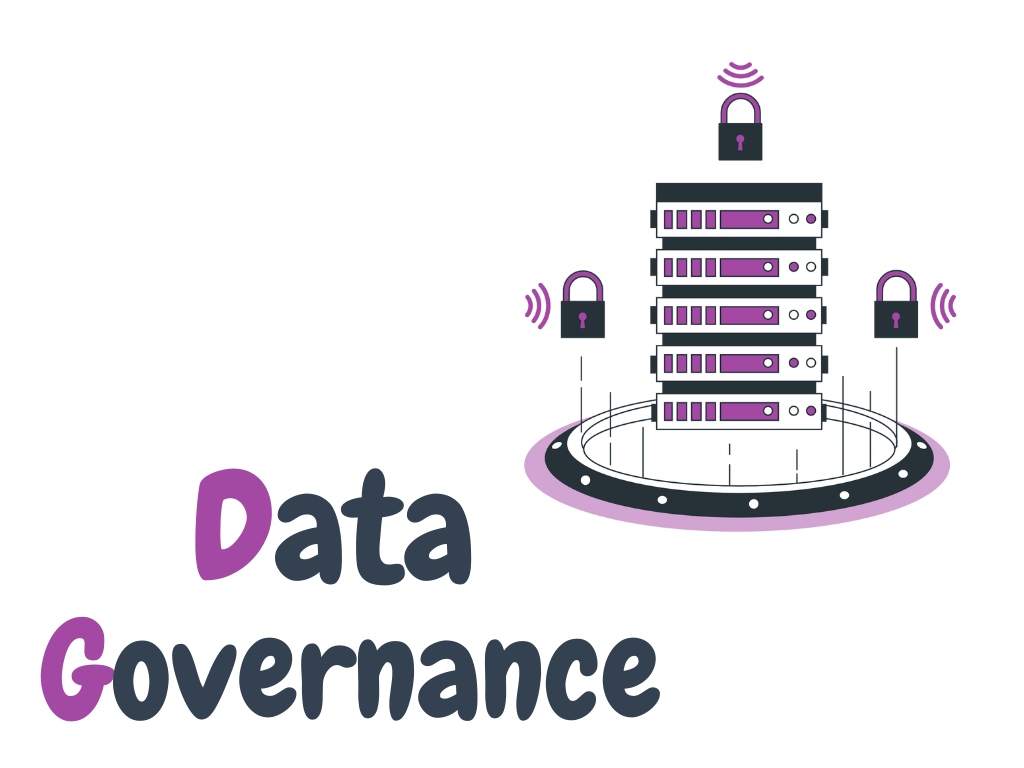In today's digital age, data is everywhere, and businesses rely heavily on it to make informed decisions. However, as data volumes continue to grow, managing it becomes more challenging, and the risk of data breaches and non-compliance increases. This is where data governance comes into play. Data governance is a set of policies, procedures, and standards that ensure data is managed securely, ethically, and effectively across an organisation. In this post, we will cover what, why, when, where, and who of data governance with some easy to understand real-time examples.
Data Governance refers to the management of the availability, usability, integrity, and security of data used in an organisation. It encompasses the people, processes, and technology required to ensure that data is managed consistently, according to organizational policies and standards. Data governance involves defining data ownership, roles, and responsibilities, data quality management, data classification, and data lifecycle management.
Why is Data Governance Important?
Data Governance is essential for several reasons. First, it ensures that data is accurate, reliable, and secure. This, in turn, helps organizations make informed decisions and reduce the risk of data breaches and non-compliance. Second, data governance enables organizations to meet regulatory requirements and avoid legal and financial penalties. Finally, data governance provides a framework for collaboration and communication across different departments and stakeholders in an organisation, leading to better decision-making.


